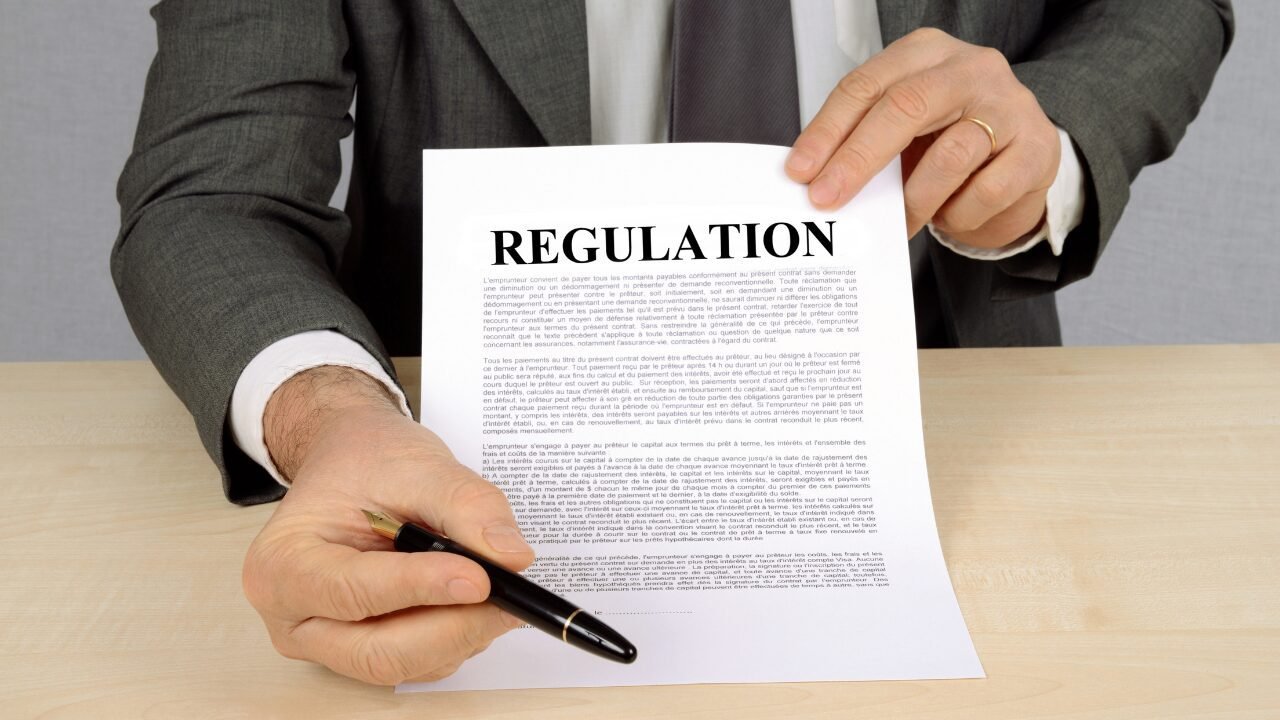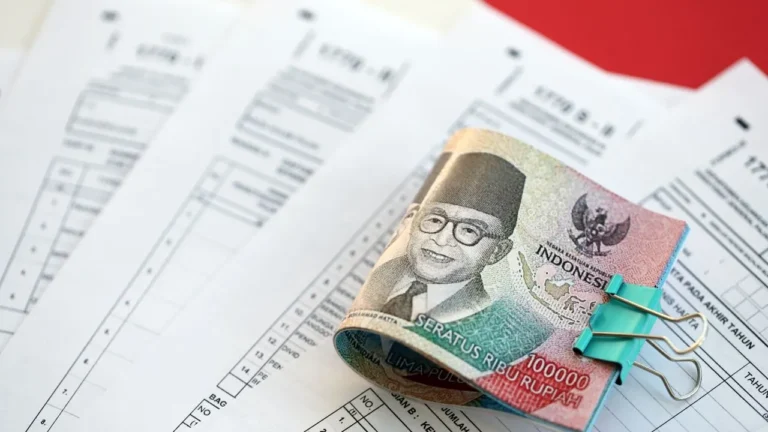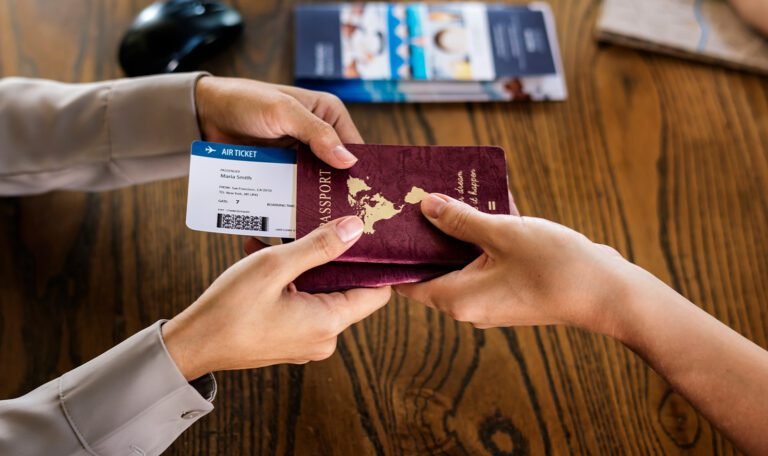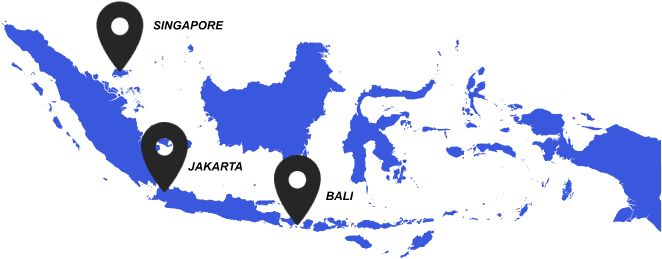Table of Contents
ToggleYour business is now officially open, and you’re ready to operate. But what are your obligations as a business owner? What are the obligations of a PT PMA in Indonesia? While opening a business is often simple, maintaining compliance can be complex.
In this article, we’ll explain the crucial post-setup obligations you have, from day one, regardless of whether your company has generated income. We’ll detail the necessary administrative steps, such as obtaining a personal tax number and registering with the BPJS system, as well as the critical quarterly and annual reports.
We also identify and address the most common mistakes foreign entrepreneurs make when setting up a PT PMA in Bali or Lombok. You will learn how to properly manage your company’s capital, avoid the traps of holding a lease under your personal name, and navigate complex tax obligations.
By understanding these pitfalls, we can help you avoid unnecessary delays, higher costs, and legal disputes, ensuring your business is not just open but also secure and compliant for the long term.
This is where ILA Global Consulting excels. For years, we’ve helped hundreds of international clients, including those investing in property in Bali and Lombok, precisely navigate Indonesia’s legal, taxation, and investment complexities.
Our team’s blend of deep local knowledge and international best practices ensures compliant, strategic solutions, making us a trusted advisor for anyone building a sustainable presence in Indonesia.
What Are the Obligations after Setting up a PT PMA in Bali and Lombok?

The most common mistake we see with PT PMAs is to think a company has no obligation until the company generates income. However, from day one, business owners have obligations to fulfil unrelated to whether the company has income or not.
It is frequent to meet property investors setting up a company and unfortunately thinking they have no obligations until their villa is set up.
1. NPWP for the director
Once you set up the company, the director of the company has some obligations. The first obligation is to obtain a personal tax number (NPWP) to be able to report the taxes of the company.
You need to register the director in the Coretax system (Indonesian Tax System). To be registered, the director must obtain a KITAS to get a personal NPWP.
2. BPJS Registration
The company has to enrol at least two employees into the social security system called BPJS Ketenagakerjaan. The Director and the Commissioner can be enrolled in the system. The payment is done monthly and calculated based on the declared salary.
3. LKPM Report
Each quarter, PT PMA has to report its investment through the LKPM Report. This report is submitted in OSS and is transmitted to the BKPM. The ministry supervises the investments made by companies in Indonesia.
The report doesn’t trigger any tax but can lead to the suspension of the business licence (NIB) if the company fails to report. It is declarative regarding land and building investments, machinery, the number of employees, the environmental report, and any obligations related to the activity.
You need to submit the report in January, April, July, and October, between the 1st and 10th of each month.
4. Annual Tax
As in many countries, companies are required to submit their financial reports at the end of the fiscal year. The PT PMA has to report its Profit and Loss and its balance sheet. The company needs to submit its profit and pay its tax.
The annual tax calculation is complex, depending on the type of business, and requires a professional, such as a tax consultant like ILA Global Consulting, to calculate and report the tax. The report has to be submitted between January and the end of April following the fiscal year.
5. Withholding Tax Payment
Having only expenses doesn’t mean the company has no tax to be reported. A PT PMA has to withhold the right amount of tax on purchases made for services, sales, etc. For example, a company purchasing a lease will have to withhold 10% and pay the 10% to the tax office the following month.
For example, for an invoice of 100, the company has to pay 90 to the seller and 10 to the tax office. This complex system can be challenging to understand, but the company becomes responsible for the tax of the seller and ensures the taxes are matched at the end of the year.
6. Income Tax and Local Tax
Indonesia requires income tax to be reported every month. A common mistake is to think those taxes are reported annually.
- Lease tax
- Employee tax
- Local tax for restaurants, etc.
- Monthly prepayments (PPh 25) based on the previous year’s liability.
We recommend maintaining proper reporting of withholding taxes on salaries, vendors, and cross-border transactions. Staying consistent with income tax obligations prevents back taxes, penalties, and reputational issues with the tax authorities.
Contact your tax consultant, such as ILA Global Consulting, to know more about the income subject to the monthly tax reporting.
7. VAT Registration
If your PT PMA’s revenue exceeds IDR 4.8 billion per year, VAT registration is mandatory. This allows your company to:
- Issue valid tax invoices (faktur pajak) to clients.
- Credit input VAT against output VAT, reducing costs.
- Maintain credibility with partners who expect VAT compliance.
Being proactive about VAT ensures smoother operations and compliance with Indonesian tax law.
Key Terms for PT PMA Obligations
| Term | Definition |
|---|---|
| NPWP | Nomor Pokok Wajib Pajak (Tax Number). A mandatory personal tax identification number that a director must obtain to report company taxes to the Indonesian government. |
| KITAS | A Limited Stay Permit (Kartu Izin Tinggal Terbatas). A director must have this residency permit to obtain a personal NPWP. |
| BPJS | Badan Penyelenggara Jaminan Sosial (Social Security Administering Body). A mandatory social security system for employees, including directors and commissioners, to which a company must make monthly contributions. |
| LKPM Report | Laporan Kegiatan Penanaman Modal (Investment Activity Report). A quarterly report that a PT PMA must submit to the BKPM to track investment activities and compliance. |
| OSS | Online Single Submission. The government platform used to submit the LKPM report and manage business licenses. |
| BKPM | Badan Koordinasi Penanaman Modal (Investment Coordinating Board). The government ministry that supervises and regulates all foreign investment activities in Indonesia. |
| NIB | Nomor Induk Berusaha (Business Identification Number). A mandatory business license that can be suspended if a company fails to submit its LKPM report. |
| VAT | Value Added Tax. Registration for this is mandatory if a PT PMA’s annual revenue exceeds IDR 4.8 billion. It allows the company to issue tax invoices and manage input/output VAT. |
Registering a Company in Indonesia Has Never Been Easier
Setting up a business abroad can be challenging, with numerous documents, laws, and regulations to consider. Luckily, the process will be a breeze, and we’ll provide you with expert advice on which business structure and setup best fit your needs.
Reach out to the ILA Global Consulting team today to set up a free consultation or read more about the company registration process.
What Are the Common Mistakes When Setting Up a PT PMA in Bali and Lombok?

Setting up a PT PMA (foreign-owned company) in Lombok and Bali is one of the most effective ways for international investors to operate legally in Indonesia. These regions are not only beautiful tourist destinations but also growing hubs for hospitality, property, and investment.
However, many foreign entrepreneurs fall into avoidable traps during the setup process. These mistakes can cause unnecessary delays, higher costs, and even legal disputes. Below are the most common mistakes to avoid when establishing a PT PMA in Bali and Lombok, along with guidance on how to overcome them.
Mistake 1: Capital Incorporation and Structuring
One of the biggest misconceptions about setting up a PT PMA in Lombok or Bali is the capital requirement. The Indonesian Investment Coordinating Board (BKPM) mandates a minimum investment plan of IDR 10 billion. Many investors fail to structure their capital among shareholders properly. This can result in:
- Tax implications
- Complications in future investment rounds or restructuring.
Mistake 2: Having a Lease Under a Personal Name
A frequent error for investors in Bali and Lombok is signing a villa, office, or land lease under their personal foreign name instead of the PT PMA’s name. While this might seem convenient, it exposes the business to significant risks:
- The lease cannot be listed as a company asset, making it harder to use in operations or financing.
- It creates personal tax obligations instead of corporate ones.
- It complicates business transfer or sale in the future.
Always register property leases under the PT PMA entity. This ensures asset protection and clear separation between personal and business ownership. It also guarantees a better tax structure and ability to count the expenses under the capital of the company and avoid the license being revoked.
Mistake 3: Not Reporting the Withholding Tax
Tax compliance is crucial for a PT PMA in Bali or Lombok. Many foreign-owned companies neglect their obligation to withhold and report taxes, such as:
- PPh 21 (employee income tax).
- PPh 23 (vendor payments).
- PPh 26 (cross-border transactions).
Failure to file withholding tax correctly can result in:
- Fines and penalties from the tax office.
- Risk of audits that disrupt business operations.
- Damage to the company’s professional reputation.
Monthly and annual tax compliance is a non-negotiable part of running a successful PT PMA in Indonesia.
Mistake 4: Assuming Eligibility for the 0.5% Regime
Some investors mistakenly assume that their PT PMA in Bali or Lombok qualifies for the UMKM (small business) 0.5% final tax regime. This is a serious misconception.
The regime applies only to small, locally owned enterprises. The tax office can provide benefits to PMA, but they must be utilised.
Mistake 5: Misunderstanding Dividend Distribution and Reinvestment
Another common oversight for foreign investors setting up a PT PMA in Bali or Lombok is a misunderstanding of how dividends and reinvestment are regulated. In Indonesia, dividends can only be distributed when:
- The company has recorded net profits after tax.
- A minimum of 20% of the company’s net profit is allocated to the mandatory reserve fund, as required by Indonesian Company Law.
- All tax obligations have been reported and settled.
Some investors attempt to withdraw funds prematurely or overlook the reinvestment obligations stated in their BKPM-approved investment plan. This can lead to:
- Non-compliance with BKPM reporting requirements.
- Tax penalties for improperly declared dividend distributions.
- Restrictions on future expansion or licensing may arise if the company appears non-compliant with its original investment commitments.
The smart approach is to plan dividend distribution alongside reinvestment. For many PT PMAs in Bali and Lombok, reinvesting part of the profits into business expansion (such as upgrading facilities, hiring staff, or expanding into new regions) not only strengthens the company but also ensures compliance with Indonesian regulations.
Key Terms for Avoiding PT PMA Mistakes
| Term | Definition |
|---|---|
| PPh 21, 23, 26 | Specific articles of the Indonesian Income Tax Law related to withholding taxes on employee income (21), vendor payments (23), and cross-border transactions (26). |
| UMKM Regime | A special tax regime with a final tax rate of 0.5% intended for small, locally owned enterprises. Foreign-owned companies (PT PMAs) are generally not eligible for this benefit. |
| Dividend Distribution | The process of distributing a portion of a company’s profits to its shareholders. In Indonesia, this is only permissible after meeting all tax obligations and allocating funds to a mandatory reserve. |
Setting up a PT PMA is just the first step. The actual value and security of your investment depend on consistently fulfilling your post-setup obligations and avoiding common mistakes that can lead to significant legal and financial issues.
Don’t let a small oversight compromise your entire venture. Contact ILA Global Consulting today to ensure your PT PMA is not only open but also fully compliant and secure for long-term success in Indonesia.























